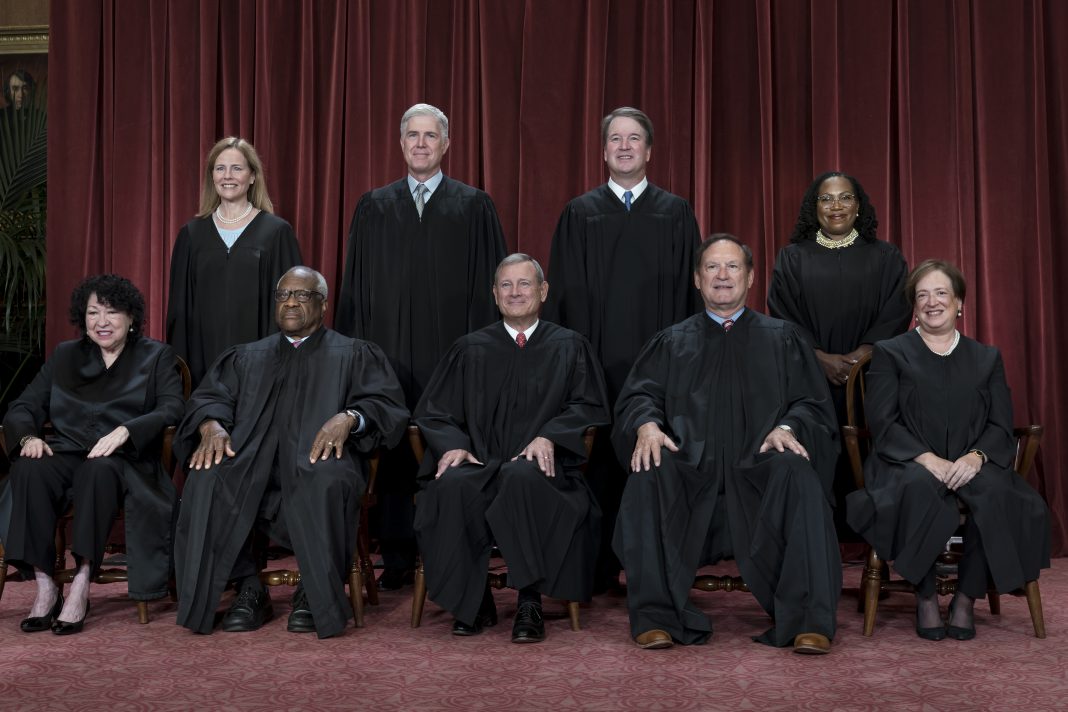Now a Lame Duck, Biden Finally Floats Supreme Court Reforms
Introduction:
President Joe Biden has proposed a plan to restore public trust in the U.S. Supreme Court, signaling a shift in the political discourse. While the plan lacks details and faces challenges, it marks a change for Biden, who has been an institutionalist. The plan includes overriding the court’s recent decision on presidential immunity, implementing an 18-year term limit for justices, and enforcing an ethics code.
Addressing the Court’s Power:
President Biden’s proposal to address the Supreme Court’s outsized power reflects a shift in the political discourse. Even staunch centrists like Biden and Vice President Kamala Harris now recognize the need to address the court’s authority. While Biden did not propose expanding the court, which a majority of Americans support, his announcement signifies a change in his approach to the judiciary.
Overriding the Court’s Decision on Presidential Immunity:
Biden’s plan includes amending the Constitution to override the court’s recent decision on presidential immunity. While this proposal may seem fanciful due to the difficulty of the constitutional amendment process, it is the most concrete suggestion in Biden’s plan. This proposal aims to bind the court to 21st-century realities regarding presidential power, rather than relying solely on the views of the founding fathers.
Term Limits and Ethics Code:
Biden’s plan also includes proposals for an 18-year term limit for Supreme Court justices and an enforceable ethics code. However, the president has not provided details on how these proposals would be accomplished. These measures raise questions about whether they would require constitutional amendments or if Congress has the authority to enact them through legislation. A cross-ideological commission appointed by Biden produced extensive but inconclusive findings on these matters.
Legislation Route:
Despite the challenges, many Democrats are eager to pursue the legislation route for court reform. Senator Sheldon Whitehouse has introduced a bill that would disqualify justices from specific cases and require the Supreme Court to draft its own ethics code. While the bill has gained support, it is unlikely to pass the full Senate. However, the push for legislation reflects a desire for Congress to take significant action on Supreme Court ethics and term limits reform.
The Significance of Biden’s Announcement:
Setting aside the logistical challenges and unresolved details, Biden’s announcement is significant for acknowledging the lack of meaningful checks on the Supreme Court. The president’s proposal highlights the need for reform and opens the door for further discussions on how to address the court’s power.
Conclusion:
President Biden’s plan to rehabilitate public trust in the U.S. Supreme Court represents a significant shift in the political discourse. While the plan lacks specific details and faces challenges, it marks a change for Biden, who has traditionally been an institutionalist. By proposing to override the court’s decision on presidential immunity and suggesting term limits and an ethics code, Biden acknowledges the need for reform. The legislation route is being pursued by Democrats, although its success remains uncertain. Overall, Biden’s announcement brings attention to the lack of meaningful checks on the Supreme Court and sparks discussions on how to address its power.


